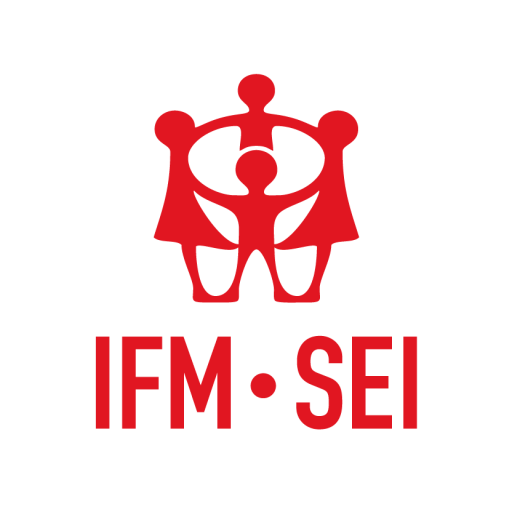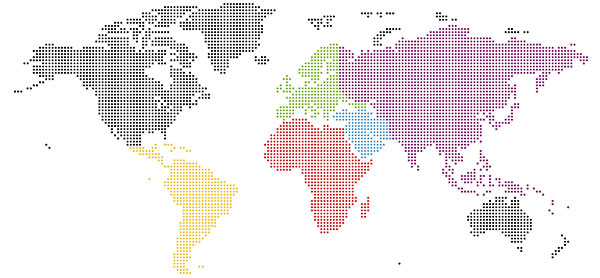Presidium
The Presidium is the primary elected, political body of IFM-SEI. Led by the President, the Presidium is responsible for overseeing the development and fulfilment of the strategic work plan, identifying educational and political priorities, and monitoring the finances of IFM-SEI. The Presidium consists of two members per region, plus the President and Secretary General. In each regional pairing there must be at least one non-man and one person under 30.
Secretariat
The secretariat is the operational heart of IFM-SEI and is based in Brussels. The secretariat usually consists of the Secretary General, the Office manager and a long-term volunteer. Additional staff members, such as a Project Officer, interns or other volunteers may also make up the secretariat. The Secretary General is responsible for the political and organisations developments in IFM-SEI as well as being responsible for the daily work and coordination of the office, strategic work plan and working groups.
Control Commission
The Control Commission consists of three people and is responsible for the financial control of the organisation - including checking the books and finances of IFM-SEI - and ensuring compliance with the IFM-SEI Constitution and Rules of Procedure.
Member Organisations and their members
IFM-SEI is an umbrella organisation and would be nothing without its member organisations. IFM-SEI members are divided into five world regions: Africa, Asia, Europe, Latin America and the Middle East. At present, IFM-SEI has 43 member organisations. There are two categories of membership: candidate members (for the first 1-3 years of membership) and full members. Members of our MOs vary across the world, but what brings them together is they work regularly with children and young people, they are child/youth-led, they are democratic and enshrine gender equality into their structures, they use non-formal education as the primary tool, and they adhere to the socialist values. You can find a full overview of our MOs on our members page.
